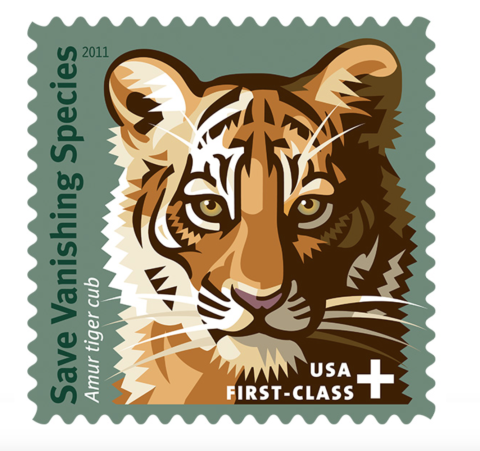From 2008-2011, researchers conducted a scientific study that identified the Brahmaputra River Islands as potential corridors for wildlife to move across the region. The study demonstrated that wildlife was moving between nearby protected areas through areas that were not protected at the time.
The U.S. Fish and Wildlife Service’s International Affairs Program provided financial support through the Rhinoceros and Tiger Conservation Fund (RTCF) to the non-governmental organization Aaranyak for this research. Activities supported through grants such as this are critical to species conservation, but often take years to produce lasting outcomes and results. Establishing protected areas for wildlife, for example, may take over a decade.
The goal of the RTCF award to Aaranyak was to understand the use of the Kaziranga-Orang Riverine Landscape in Assam, India, by large mammals and other ungulates. This landscape is home to endangered species, including tigers, rhinoceroses, Asian elephants, and a myriad of other species.
Following the 2008-2011 study, Aaranyak shared the results with the Forest Department of Assam, while continuing to raise awareness about the need for conservation action along this swath of land. It took twelve years of persistent efforts. In 2022, the government of India established further legal protections along a 180 km stretch of riverine habitat.
Endangered wildlife, such as the one-horned rhino, will be afforded safe passage with the added legal protections of the corridors to connect multiple protected areas. Kudos to the Assam Forest Department, Aaranyak, and all partners for their continued commitment to conserving these precious landscapes and the iconic wildlife they provide habitat for.
By Meenakshi Nagendran/USFWS
Want to Help?
If you would like to support projects such as these, consider using the Save Vanishing Species Stamp for your postal needs. A portion of proceeds from sales of this stamp goes directly to the Multinational Species Conservation Funds, including the RTCF. Thank you for your continued support!





